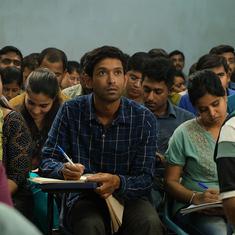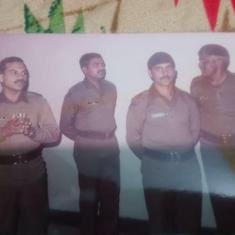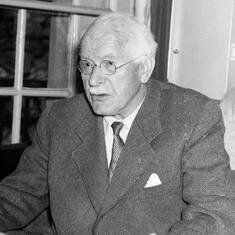4 Bengal men forced into Bangladesh despite citizenship proof, brought back
The persons, who were arrested in Mumbai, returned after the West Bengal Police presented evidence of them being Indian citizens.

Four men from West Bengal, who were forced into Bangladesh on allegations of being undocumented migrants by the Border Security Force, were brought back on Sunday, the state police said.
The four persons were returned to India after the Murshidabad Police in West Bengal presented proof of them being Indian citizens.
Mehbub Sheikh, a man from West Bengal who had been living in Mira Road near Mumbai for work, was detained by the Maharashtra Police on allegations of being an undocumented Bangladeshi migrant, and “pushed” across the border into the neighbouring country on Saturday, The Indian Express reported.
The West Bengal government said that the 36-year-old mason was forced into Bangladesh even though the West Bengal Police and the state’s Migrant Welfare Board had furnished documents proving that he was an Indian citizen.
The 36-year-old’s family said he had been living in Maharashtra for the past two years, and had been staying in the Mira Road area of Thane district, according to The Indian Express. The family members said that they live in the Hossainnagar village in West Bengal’s Murshidabad district.
Sheikh was taken into custody on the suspicion of being a Bangladeshi on June 11 while he was drinking tea in Mira Road, and was taken to Mumbai’s Kanakia police station, his younger brother Mujibur said.
“He called us from Kanakia police station,” Mujibur told the newspaper. “We immediately informed the local police and administration, as well as our panchayat pradhan and the migrant welfare board. They said they were in touch with the Maharashtra Police.”
He said that by June 13, the family had sent documents proving his citizenship and lineage in India to the Maharashtra Police.
However, Shabbir Ahmed, the head of the Mahisasthali gram panchayat in Murshidabad, told The Indian Express that they were told that day that Sheikh had been sent to a Border Security Force camp in West Bengal’s Siliguri district. Some residents of the village rushed to the camp, but the security forces did not entertain their pleas for help, he said.
Sheikh’s family said that on June 14, he called them from Bangladesh, telling them that he had been forced out of India by the Border Security Force around 3.30 am.
“He has a wife and three children,” his brother Mujibur told the newspaper. “We just want him back. We don’t know how long he can survive in Bangladesh.”
The Maharashtra Police claimed that Sheikh failed to provide documents proving his citizenship. The police said that they do not consider Aadhaar and PAN cards as evidence of citizenship.
“…We asked him to produce his birth certificate or any strong proof,” Meghna Burade, senior inspector at the Mira Road police station, told The Indian Express. “But he failed to produce the same and also did not provide any other document or his family’s documents to support his claim that he is Indian.”
Samirul Islam, the head of the West Bengal Migrant Welfare Board, claimed that authorities in Maharashtra did not inform them about Sheikh being sent to a BSF camp, and then to Bangladesh.
Other three cases
The other three residents of West Bengal who were sent to Bangladesh, before being brought back to India, were Nazimuddin Mondal, Minarul Sheikh and Mostafa Kamal Sheikh, said West Bengal Police. The three had also been picked up by the police in Mumbai, The Hindu reported.
It was unclear when the three were arrested and sent to Bangladesh.
Minarul Sheikh and Nazimuddin Mondal hail from Murshidabad district, while Mostafa Kamal Sheikh is from Purba Bardhaman district, the police said.
The three men had sent a video message to their relatives, in which they urged West Bengal Chief Minister Mamata Banerjee and state officials to help them return to India.
Over the past month, Indian authorities have been pursuing a policy to push individuals claimed to be undocumented migrants into Bangladesh. India has pushed back more than 2,000 persons into Bangladesh since the country launched “Operation Sindoor”, a military operation against terrorist camps in Pakistan and Pakistan-occupied Kashmir.
The legality of the “push back” policy has been debated in India and internationally. Experts have told Scroll that the policy violated India’s obligations under international law and customary international law.
Also read: India’s ‘pushback’ policy violates domestic and international law – but won’t face global censure









